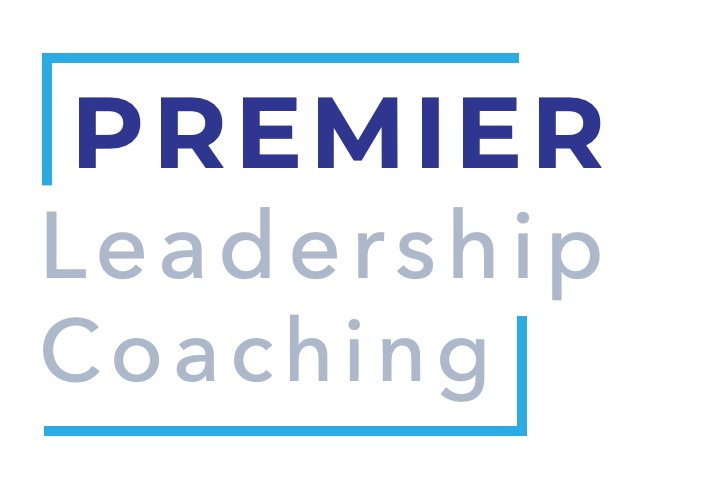
Like many others, I love the video of Giannis Antetokounmpo answering the reporter’s question about failure. At that moment he is both Ares and Hera. He exhibits something akin to what is known in Buddhism as bodhicitta. His wisdom has made the rounds – there is something about it that we respond to. Most of the enthusiasm seems to be around Antetokounmpo’s two cents on failure, but that’s not why I liked the video. The part that stuck with me is when he said, “It’s a wrong question.”
The idea that good answers are only possible if there are first good questions is fundamental to coaching. At Columbia, it was made clear that the quality of a client’s answer is wholly dependent on the quality of the coach’s question. As a mom, I am reminded of this every day. It took a while but by my fourth kid, I stopped asking questions like, “What is your favorite color?” And started asking things like, “What makes you happy about blue?”
I am with the Greek Freak. So often the question asked is a wrong question– our questions are frequently what my 16-year-old would call “basic.” The way we ask questions does not have a monopoly on being milquetoast. Where we look for wisdom is also misguided. Wrong questions give wrong answers and wrong sources do, too.
For instance, most of the internet is a wisdom wasteland. Think Mad Max – Fury Road, but instead of water there is societal breakdown, murder, and revenge due to a shortage of anything resembling insight. And it would be in everyone’s best interest to not get me started on Amazon’s Top 10 business books. All I can say on that is, “Even a stopped clock is right twice a day.” I get the appeal. I am not immune to it. We often respond to that brand of advice (quick fixes, how-to guides, do what I did maps), because it often not only permits us to ignore the whispers from our better angels, but it is accessible, and it creates the illusion of quick impact and short-term results to which we have a total addiction. The immediate gratification and ease of the web make it an irresistible Siren.
But if what we want are truly good answers, particularly when it comes to life’s most complicated problems such as leading people, engaging in conflict, making hard choices, or having a challenging conversation, we must seek out quality sources. And here is the thing – good sources abound.
Nuanced source material surrounds us right here in our everyday lives. What is right and true is at our fingertips and usually can be found in one of eight places: fiction writing, song lyrics, animals, sports, military officers, religion, nature, or children. Just today, I told a group of founders that the most valuable lessons I have ever learned about leadership, everything I know about teams, all the effective communication strategies in my toolkit – the very stuff I share with the CEOs and founders I am hired to work with was first introduced to me by my kids.It is from my vantage point as a mom that I have learned the most about how to become an exceptional business, and how to achieve success. I can’t explain it, but it is for sure true.
To be clear, I am not saying all that is found in these places is true; rather my point is just that if you want to find real wisdom, insight, or truth, these are pretty good hiding spots. And while there is little speed or spoon-feeding in, let’s say, nature, and that is off-putting to us modern humans, the payoff is also great. It bears remembering that the tastiest morsels are usually in hard-to-reach places.
